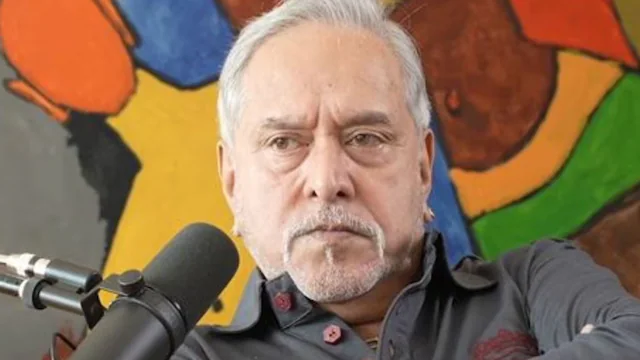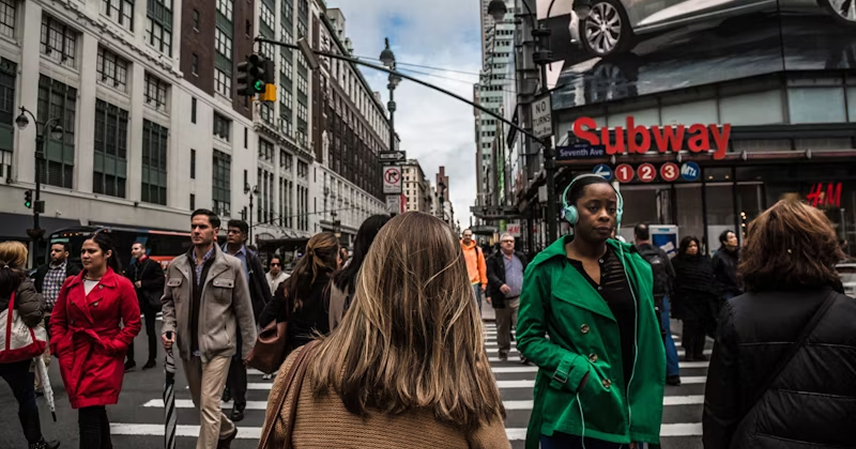New Delhi, June 5:
Businessman Vijay Mallya, declared a fugitive in India for financial offences, has expressed willingness to return to the country—on the condition that he receives a guarantee of fair treatment and no prejudice. The statement comes amidst continuing delays in his extradition from the United Kingdom, where he has been residing since 2016.
Mallya, who faces charges of financial misconduct and loan defaults exceeding ₹9,000 crore, said during an interaction with international media that he would consider returning if there is a commitment to ensure a fair legal process. “If I get an assurance of fair treatment, without political or media pressure, I am willing to return,” he said.
Accused of financial irregularities connected to Kingfisher Airlines, Mallya left India in March 2016 as pressure from banks and investigative agencies intensified. Indian authorities have since initiated multiple legal actions against him under the Prevention of Money Laundering Act and the Fugitive Economic Offenders Act.
Although the Westminster Magistrates’ Court in London approved his extradition in December 2018, the final order has been held up by the UK government due to an undisclosed legal matter. Despite numerous diplomatic appeals, the extradition remains pending, with no clear timeline for resolution.
In his latest statement, Mallya claimed he has always been open to settling debts with banks and blamed his legal troubles on external pressures. “I am not running away. I have offered settlements and still believe in resolving matters lawfully,” he added.
His remarks have stirred sharp responses across India’s political landscape. Critics of the government argue that high-profile offenders continue to escape justice, while members of the ruling party insist that the legal process must take its course. Authorities have maintained that no negotiation will be considered beyond the framework of Indian law.
Legal experts note that while Mallya’s willingness to return may appear cooperative, it is unlikely to influence legal decisions. “Conditions laid down by an accused person cannot override judicial procedures,” a senior advocate commented.
The Enforcement Directorate and the Central Bureau of Investigation continue to pursue active cases against Mallya, including allegations of fund diversion and criminal conspiracy. His properties in India have been attached under court orders to recover dues.
Public opinion on the matter remains divided. Some believe Mallya’s statement is a tactical move to delay proceedings, while others argue that his return—under proper legal scrutiny—could help recover public funds and reinforce accountability.
As legal proceedings stretch on and political attention resurfaces, Vijay Mallya’s conditional offer to return adds a new chapter to a case that remains emblematic of India’s struggle to bring economic offenders to justice.



